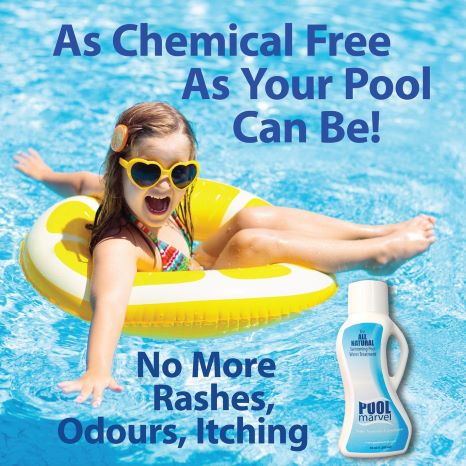
Pool Temperature
Heating your swimming pool to the ideal temperature helps keep your pool a comfortable, safe environment for swimmers. The ideal pool temperature will depend on several factors, such as the age of the swimmers and whether the pool is used for leisure or exercise.
Why Is Swimming Pool Temperature Important?
Pool temperature is important for various reasons, with the first and most obvious being comfort.
Pool temperatures are also critical to swimmer safety. Some temperatures can be dangerous for certain at-risk groups of people, including children and seniors.
In addition, certain pool temperatures can make your pool a breeding ground for contaminants. Warmer water contains more living and non-living contaminants, requiring higher chlorine demand. Chlorine also gets used up quicker at higher temperatures.

Ideal Temperature Of Pool Water In Specific Pools
The best pool temperature depends on what the pool is used for. Below are some pool temperature guidelines to keep in mind.
Residential Pools
Your backyard swimming pool is a place to swim, relax, and take a refreshing dip on a hot day. That’s why you should keep your pool’s water between 78°F and 82°F (26°C and 28°C). When you have a comfortable pool temperature, the average swimmer will have a great time swimming.
Competitive Swimming Pools
Some people view the swimming pool as the perfect place to compete. If you participate in synchronized swimming, races, or diving, you’ll want your pool’s temperature to be perfect because it could impact your performance.
Warm water can increase body temperature and heart rate, which could cause athletes to overheat. To limit energy consumption, choose cooler temperatures in the high 70s and low 80s.
Recreational Pools
Most kids learn how to swim at a very young age. The pools they learn to swim in need to be temperature controlled for their safety.
The Red Cross recommends that pools for children’s swimming lessons should be at least 84°F (29°C). Warmer water will keep young children comfortable, relax their muscles, and help with breathing control.
Physical Therapy Pools
Swimming pools are excellent for physical therapy. The weightlessness of the water helps limit joint pain while increasing strength.
If you plan on using your pool for therapy, consider raising the temperature anywhere between 84°F and 88°F (29°C and 31°C). The higher temperature will also increase blood flow, reducing joint pain.
The Benefits Of A Controlled Pool Temperature
Controlling your pool temperature offers many benefits besides comfort.
Reduce Algae and Bacteria
You work hard to keep your swimming pool clean. You balance water chemistry, skim your pool, and shock it regularly. But, all this hard work could go to waste if you let your swimming pool temperature rise to 85°F (29°C) and higher.
Warmer temperatures are a breeding ground for bacteria and algae. Algae and bacteria thrive in warm waters, which can cause your pool to look dirty.
Limit Chlorine Burn Off
When your pool has warmer water, your chlorine or other sanitizer depletes faster. As previously mentioned, warm pool water is a breeding ground for algae and other bacteria. As a result, your chlorine has to work overtime to kill all the bacteria in your pool.
When you control the temperature of your pool, you will not have to add as much chlorine or other chemicals to sanitize it. This leads to long-term cost savings.
Pool Safety
A comfortable pool temperature is also a safe pool temperature. Cold water temperatures cause breathing difficulties, whereas higher temperatures can deplete your energy, causing you to grow tired faster.
How To Measure Pool Temperature
While a pump’s thermostat is a great way to measure the temperature of your water, it may not be 100 percent accurate. That’s because the water temperature can change from your heater to your pool.
Instead of relying on your pump’s thermostat, invest in a pool thermometer. Pool thermometers are extremely helpful in measuring your water temperatures since they measure the water temperature at the source.
Whether you use an analog, digital or infrared pool thermometer, you can get an accurate reading of your water.
How To Control Pool Temperature
1. Use a Solar Cover
A solar pool cover can help warm your pool and retain the heat while keeping your heating system off. Using one is an energy-efficient way to heat your pool and lower your energy costs.
2. Keep Your Pool Heated With a Heat Pump
Every pool owner should have a pump outfitted with a heater, especially if you have an outdoor pool. A pump with a pool heater will regulate your pool temperature by heating cold water in the pump before pushing it back out into your pool.
3. Use A Pool Heater With a Digital Thermostat
Pool heaters with built-in digital thermostats can help you easily achieve the exact temperature of your water.
Unlike an ordinary thermometer, it can accurately measure a single-degree rise. You can also guarantee that a digital thermostat measures the water temperature, not the outside temperature.

